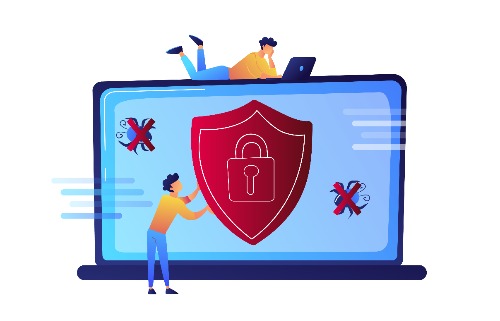Recently, an article was posted on CIO.com and other IDG outlets, titled “Yes, you still need endpoint malware protection”, questioning the need for end point security. Several publications pointed out that end point security is not needed, due to the operating systems and other components being more secure.
However, as we’ve seen in the most recent ransomware attack from WannaCry, this was not the case. Newer operating systems and the other components are more secure than older operating systems, but they are not to the point where they can prevent malware from infecting your computers.
Our product, PC Matic, was mentioned in the article by an independent researcher, Dave Perry. Dave’s understanding of how our whitelisting technology works is incorrect, so we reached out to the author, Andy Patrizio, to give him a better understanding of how PC Matic protects its users. Unfortunately, that request was not acknowledged.
PC Matic utilizes a whitelist, however, we do not face the challenges that other whitelist companies have, particularly when it comes to maintaining the whitelist. Our research team categorizes and whitelists files, on behalf of the end user or IT administrator, lifting the burden of work from them. Once a file is whitelisted, an entry goes into our global whitelist database, which means all of our customers will have that file whitelisted. This typically happens within 1-4 hours. In the event someone doesn’t want to wait for the research team to analyze and whitelist the file, the end user can simply whitelist the file locally.
Additionally, we have various partners within the community, which allow us to whitelist files, without ever having access to the actual file. This means, we can go far beyond whitelisting by MD5 or digital certificates.
The author of the article made a point about whitelisting being more superior in protection, is in fact very true. Third party test scores, from AV-Comparatives and Virus Bulletin, show this very clearly. PC Matic provides better protection than the traditional blacklist technologies, and removes the burden of maintaining the whitelist for its customers.



